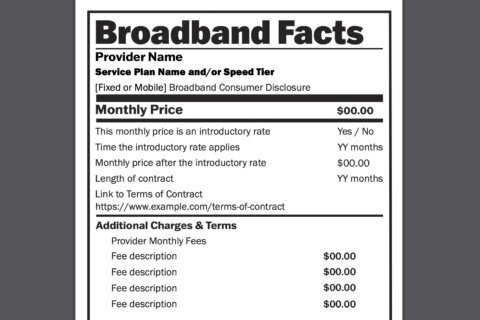Do you know what rights you have at work? You might assume that your employer understands labor law and always follows it, but in reality many employers regularly violate employment law, either knowingly or unknowingly.
Here are five of the most common ways that employers break labor laws — with some of them being so common that most employees don’t even realize their rights are being violated. Take a look and see if you spot anything here that your own employer should be doing differently.
1. Telling you that you can’t discuss your salary with your co-workers. The National Labor Relations Act says that employers can’t prevent most employees from discussing wages among themselves. The reason for that is that employees can’t effectively organize or unionize if they’re not permitted to discuss wages or uncover potential inequities.
But despite the law, an astonishing number of employers have policies against this anyway — so many that most people think these policies normal and have no idea that they violate the law.
2. Treating you as exempt from overtime pay. Whether or not you’re eligible for overtime pay isn’t up to your employer. It’s supposed to be governed by the type of work you do. The federal government divides all types of jobs into one of two categories: exempt and non-exempt. If your job is categorized as non-exempt, your employer must pay you overtime (time and a half) for all hours you work beyond 40 in any given week.
The exempt category is reserved for employees who perform relatively high-level executive or professional work, outside sales employees and a few other narrowly defined categories. But many employers incorrectly categorize employees as exempt when they don’t actually meet the government’s qualifications for the category, and thus avoid paying overtime to people who the law says should be earning it.
3. Asking or allowing you to work off the clock. If you’re a non-exempt employee, you must be paid for all the time you work, including things outside of your normal work hours, such as answering emails or taking calls from home at night or on the weekend. You can’t waive this right even if you want to. Your employer is required to pay you for that time.
4. Hiring independent contractors but treating them like employees. If your employer controls when, where and how you work, the government says that you’re an employee and your company needs to pay your payroll taxes and offer you the same benefits it offers to regular employees. Yet despite recent crackdowns on this by the government, many employers continue to hire independent contractors and treat them like employees — in every way but pay.
5. Disciplining you for complaining about work on social media. The National Labor Relations Act protects employees’ ability to discuss wages and working conditions with each other. The National Labor Relations Board has ruled repeatedly that employers’ attempts to control or limit what employees post on social media often violate the employees’ rights to engage in “protected concerted activity,” and that employees must be permitted to band together to try to make changes to their employment conditions, even if all they wish to do is to complain as a group. In many cases, the NLRB has warned employers that workers have the right to say negative things about their jobs in public forums without risk.
That said, the NLRB does generally permit employers to prohibit maliciously false statements about the company, harassment, bullying, discrimination or retaliation.
Here’s what to do if your employer is violating one of these laws.
If your employer is violating one of the laws, in most cases the most effective first step is simply to talk to your manager. If you start from the assumption that she doesn’t realize that there’s a legal issue and that you’re being helpful by bringing it to her attention — as opposed to taking an adversarial stance right off the bat — you’re more likely to get a better outcome, one where the problem gets fixed and you maintain good relations with your employer.
For instance, if your boss is asking you to work unpaid overtime when you’re non-exempt, try saying something like, “We’re actually required by federal law to pay overtime to people in my job category. I can work the overtime if you want me to, but the company would need to pay it. Does it still make sense for me to work the extra hours?”
If that doesn’t get you the results you need, at that point you could talk to a lawyer or the appropriate government agency to explore what steps are available to you. You may file a complaint with the U.S. Department of Labor or the National Labor Relations Board.
More from U.S. News
10 Things They Don’t Tell You About Your First Job
10 Myths About Workplace Rights
5 Workplace Laws Your Employer Might Be Violating originally appeared on usnews.com







